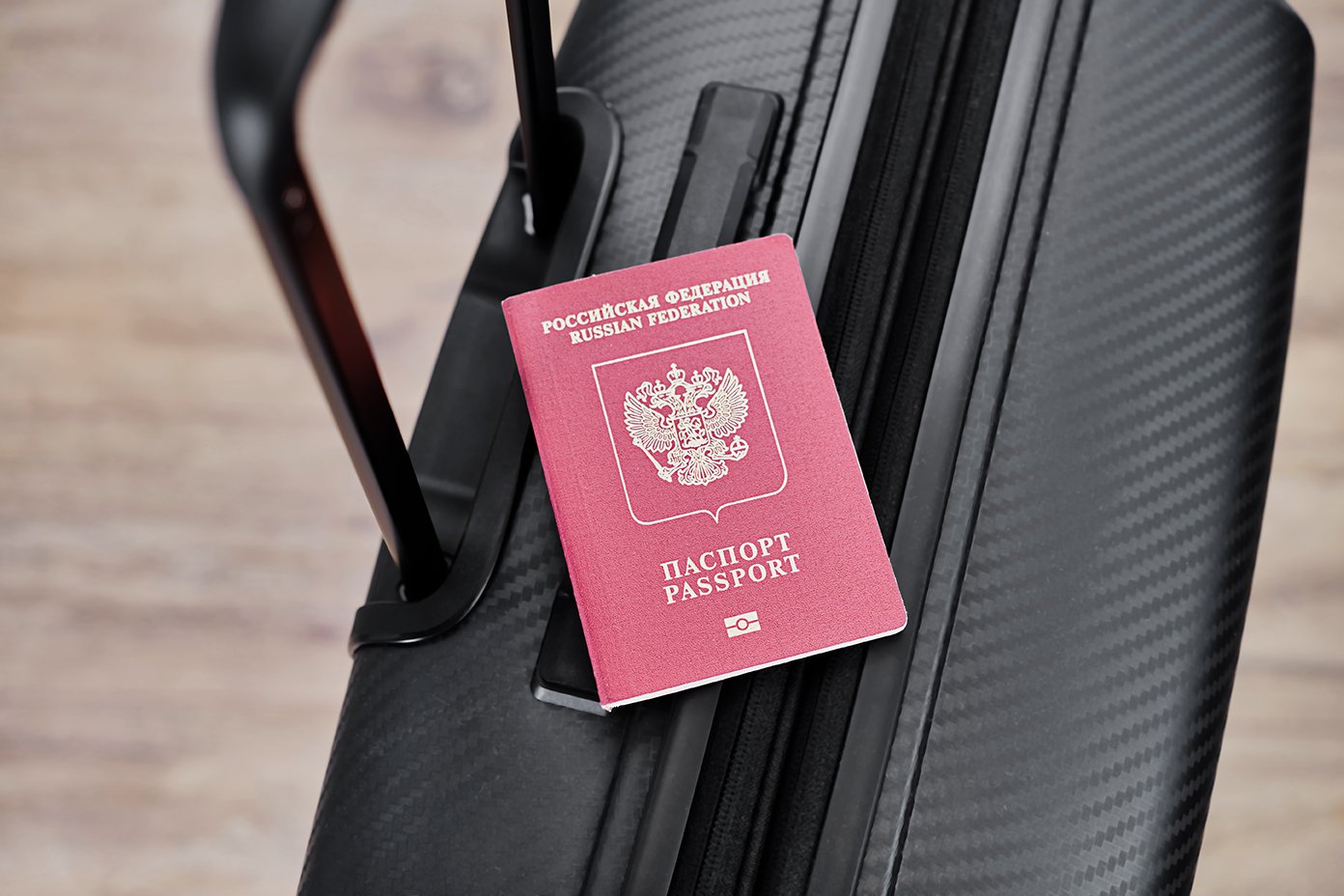A Visit to the Moscow Asylum Office
My law practice at home consists largely of accompanying clients on frustrating and often fruitless missions to various governmental offices. Today I met my Russian counterpart, Valentina, to see what this work looks like in Russia. The answer is that it looks a lot like my job at home. Valentina sought asylum in Russia years ago after having been persecuted in Uzbekistan. She is one of only 722 people that have ever been granted asylum in Russia. Now, as a lawyer, she assists others in applying for asylum. The process involves going to the asylum office of the Federal Migration Service and attempting to convince a worker there to accept your case. Apparently, this is quite a hurdle. Most people are simply turned away. If you convince a worker to take your case, then you are given a date on which to return for your asylum interview. At that point you will be grilled about your reasons for seeking asylum and, at the conclusion of the interview, hopefully you are given some documents stating that you have been granted at least temporary status.
We arrived to a small crowd and confusion. As Valentina herself is an asylee, she has to visit this office fairly frequently to keep her own immigration documents up to date. She recently lost her purse, so she had to get replacement documents. We were told to wait until 2pm, so we sat down on a bench with other folks waiting to be seen. There were two old Ukrainian women, a Central Asian woman pushing a pram, and several men of indeterminate eastern origin. Valentina clued me in that they were speaking Pashto, so they must have been Afghans.
After a few minutes a pregnant women came out of the office, sat down on the bench with us, and began to cry.
This is a common-enough scene in U.S. asylum offices, so I was not surprised. Valentina went over to check on her. That's when I found out the shocking fact that this weeping woman was a lawyer. She had been thrown out of an asylum interview for supposedly "disrupting the process," but her client remained behind closed doors with the asylum officer. The lawyer's main concern was that the officer would push her client into saying the wrong thing. For example, it is common for the officer to ask, 'Do you want to go home?' Naturally, nearly everyone answers, "yes." The problem is that then the officer has a legal reason to deny the person asylum: they said they want to go home. Lawyers know how to counter these sorts of questions, reminding clients that, while they may want to go home, it is important for them to tell the officer that they can't go home because it is too dangerous. Tears of anger and frustration streamed down her face as she told us about the interview.
Not long afterwards, the asylum officer emerged from the office and started yelling at the lawyer, telling her that she had behaved inappropriately and needed to learn how to act like a lawyer. Then she told the lawyer that she needed to keep her mind on her unborn child. I felt like that was a step way over the line and apparently the lawyer did as well: she told the officer to shut up. Needless to say, this did not go over well. The two of them continued to argue, with the attacks growing more personal. Somehow the argument ended and the officer again disappeared into an office.How many times has an immigration officer threatened to throw me out of their office? At least three times, that I can remember, with one successful expulsion. Unlike this situation, though, my client came with me. I remember how I felt those times: my heart beating nearly out of my chest, blood filling up my head, hands shaking as I gathered up my briefcase. It was oddly comforting to me to see another lawyer suffer so openly. We're taught to conceal our feelings and put on a steely facade. But here this lawyer was weeping openly, just like I often feel like doing. "I'm not crazy," I thought. "This work gets to people. What is crazy is pretending that it doesn't.
"We eventually left the asylum office without Valentina's documents. The person we needed hadn't even been there in the first place.


